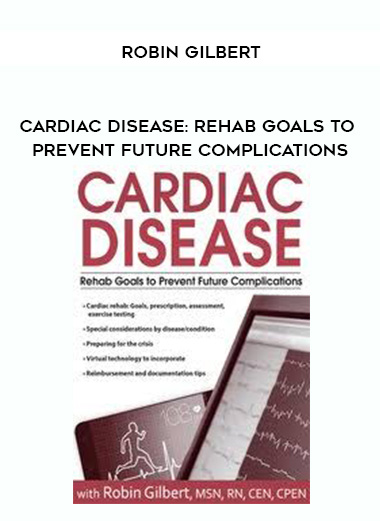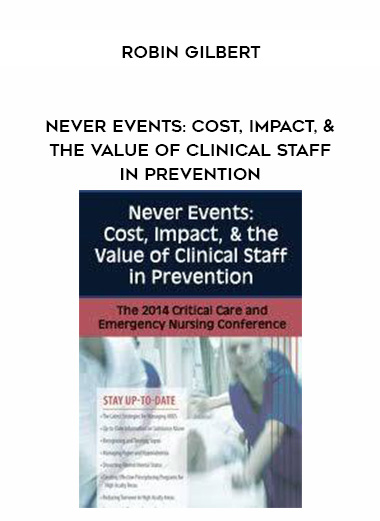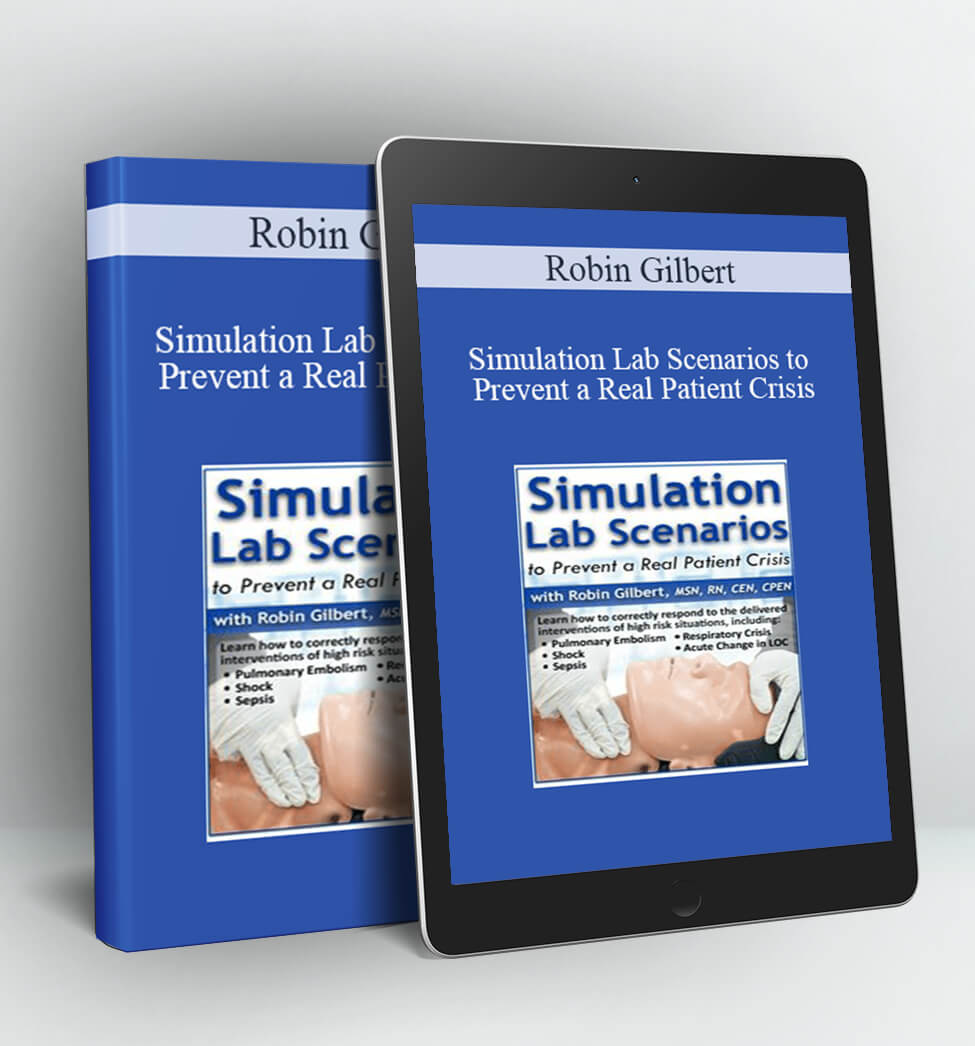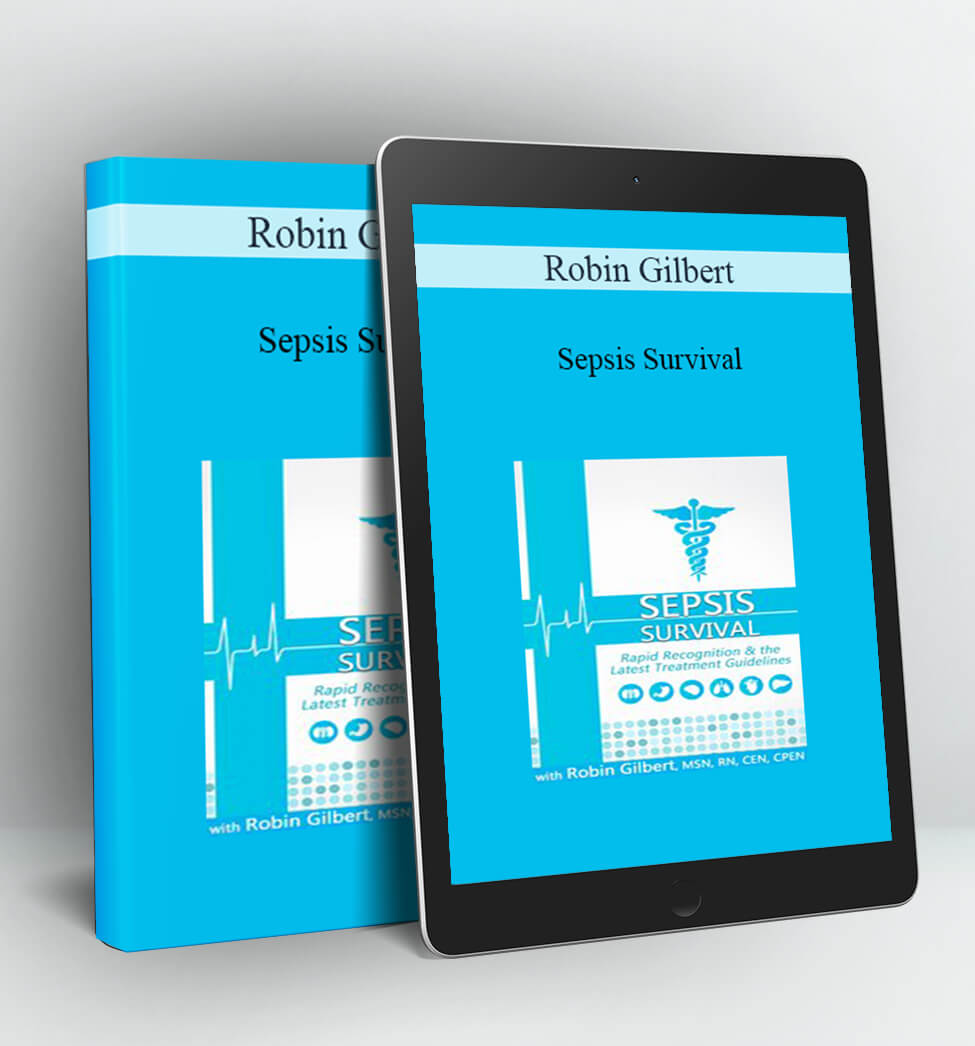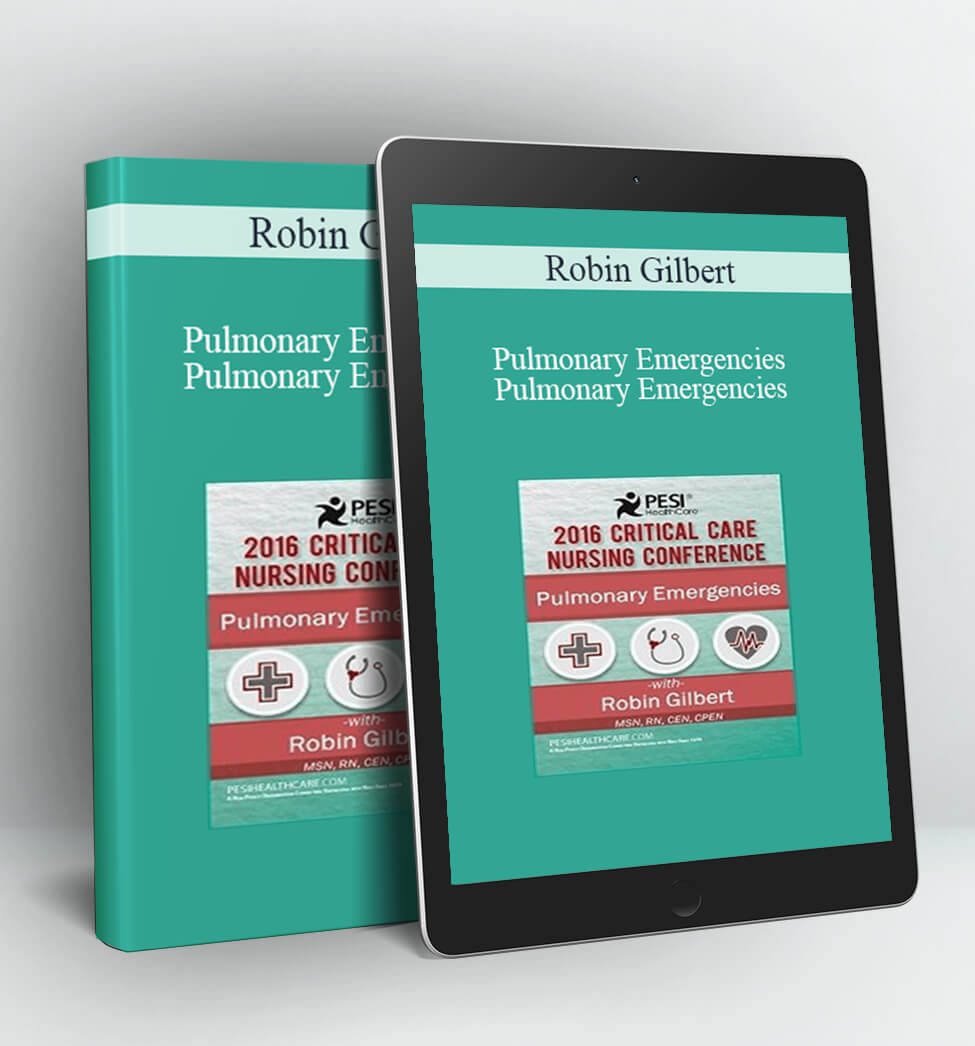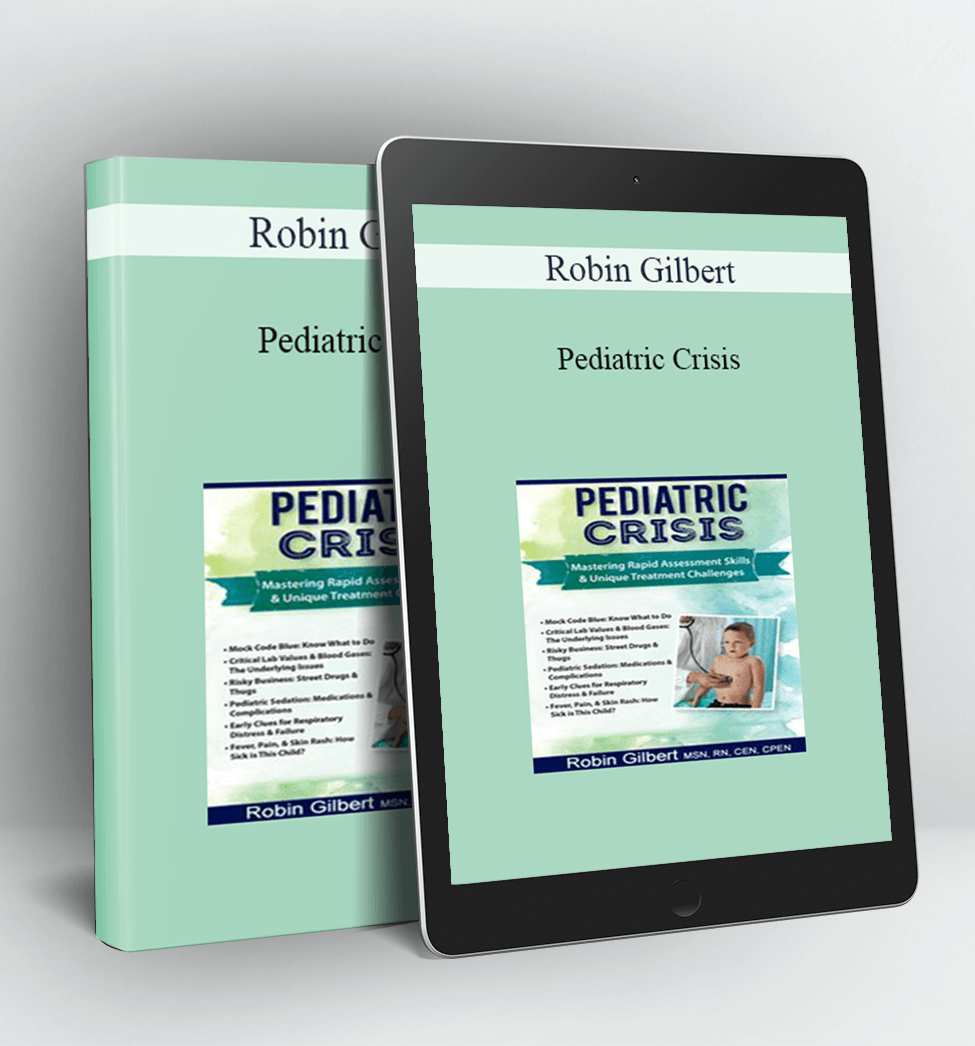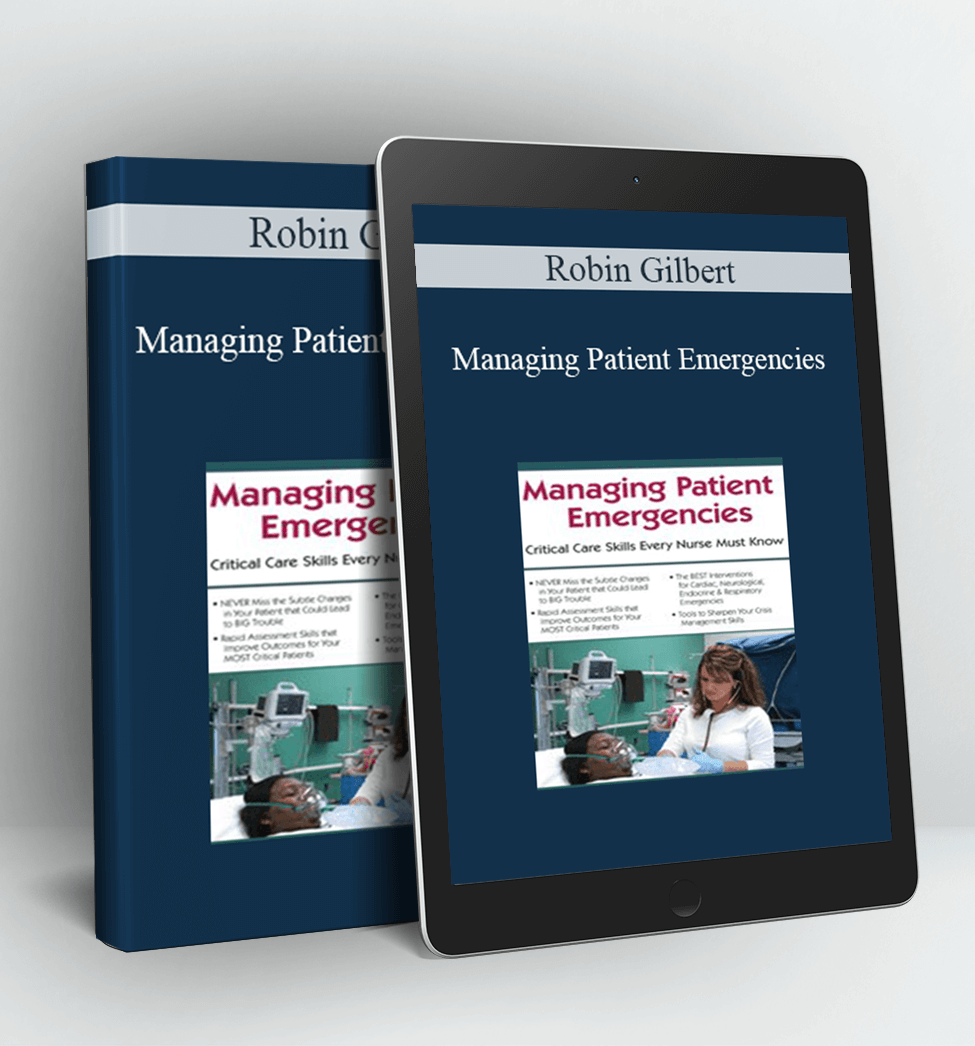CARDIAC DISEASE: REHAB GOALS TO PREVENT FUTURE COMPLICATIONS – ROBIN GILBERT
Mr. Jones is day 2 on the telemetry unit where he had been admitted following flu symptoms with nausea and vomiting. He was seen by the physician this a.m. and is scheduled for discharge when suddenly his monitor alarms from ventricular fibrillation. What happened? What did we miss?
There has been a paradigm shift in how we care for our cardiac population. In the past, we focused on episodic care. Care for the cardiac patient needs to incorporate the additional focus on the continuum of care. This conference will discuss the care of the cardiac patient from the acute event, initiation of secondary prevention therapies, cardiac rehab referrals, preventing re-admissions, and improving the quality of life for cardiac patients.
- Determine the preferred treatment options based on acute heart disease pathophysiology.
- Investigate the diagnostic progression that could meet eligibility criteria for cardiac rehabilitation referral.
- Explore successful strategies for the most common lifestyle challenges that patients with acute cardiac disease may be experiencing.
- Analyze the effectiveness of secondary prevention programs.
- Evaluate gaps between in-patient and out-patient cardiac rehabilitation referrals.
- Separate LVAD, Life Vest and bridge therapies.
- Anticipate the next unexpected event when caring for heart disease patients.
- Assess opportunities to incorporate virtual technology use in patient monitoring and follow up.
Acute Heart Disease Diagnoses
- Acute Coronary Syndrome
- Acute Myocardial Infarction (STEMI and
- Non-STEMI)
- Angina
- PTCA
- CABG
- Heart Transplant
- Heart Failure
- L VAD, Life Vest as Bridge or Destination
- COPD
- Diabetes
Cardiac Rehab Referrals
- Who is eligible?
- Educating in-patient nursing staff
- Educating physicians
- Computerized Medical Record use in triggering eligible patient populations
- Patients who fall through the cracks
Lifestyle Challenges for Patients
- Depression
- Motivation
- Compliance
- Risk factors
- Financial
Cardiac Rehab
- Phases 1 – 4
- Individualized treatment plans
- Patient education
- Monitoring quality outcomes
- Evidence-based practice updates
Secondary Prevention Program
- Becoming model for other programs
- Hypertension
- Obesity
- Diabetes
- Peripheral Vascular Disease
Effecting Change
- Knowledge is not enough
- Positive sense of self
- Power of control
- Readiness to change
- Goals and independence
- Feedback and celebrate success
Preparing for the Unexpected Event
- Rapid response
- Dysrhythmias
- Syncope
- Seizures
- Cardiac arrest
- Equipment, staffing
Insurance and Reimbursement
- Medicare vs. private insurance
- Number of sessions eligible
- Billing and coding
- Documentation
Preparing for Certification
- When to start
- Data collection
- Role of Medical Director
- Competencies
Heart Failure: Where are We at Incorporating Them into Rehab?
Use of Technology
- Appointment reminders
- Data reporting
- Virtual technology for follow-up opportunities
Using Cardiac Rehab to Its Fullest
- Partnering opportunities
Tag: Cardiac Disease: Rehab Goals to Prevent Future Complications – Robin Gilbert Review. Cardiac Disease: Rehab Goals to Prevent Future Complications – Robin Gilbert download. Cardiac Disease: Rehab Goals to Prevent Future Complications – Robin Gilbert discount.

